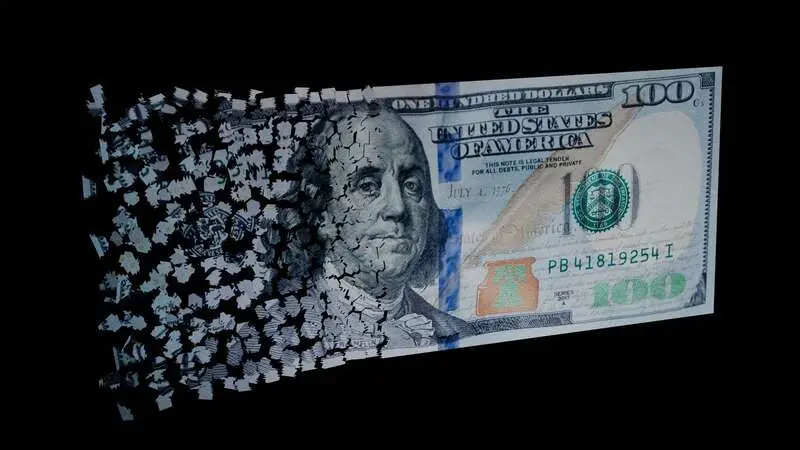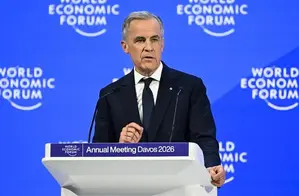Several nations have been focusing on de-dollarization, or reducing the US Dollar’s dominance, over the past couple of years. The BRICS and ASEAN, in particular, have doubled down on efforts to disrupt the dollar.
From exploring the possibility of introducing a new currency to pushing trade in local currencies, BRICS and ASEAN countries have taken several tentative steps towards de-dollarization.
Also Read: ChatGPT Predicts Dogecoin (DOGE) Price If Musk Assumes A Cabinet Role
Diving Into De-Dollarization
De-dollarization means that fewer dollars are used in international commerce and financial activities. This further lowers the demand for the dollar among businesses, institutions, and individuals, lessening the power of the global finance markets denominated in dollars.
In addition, de-dollarization would essentially change the balance of power between nations. It would probably result in a widespread devaluation and poor performance of U.S. financial assets compared to the rest of the globe, with the most severe effects being seen in the United States. Speaking about the same, Joyce Chang, chair of Global Research at J.P. Morgan, said,
“The US dollar’s role in global finance and its economic and financial stability implications are supported by deep and liquid capital markets, rule of law and predictable legal systems, commitment to a free-floating regime, and smooth functioning of the financial system for USD liquidity and institutional transparency. All in all, meaningful erosion of dollar dominance is likely to take decades.”
Also Read: Dogecoin (DOGE) Predicted To Rally 33% To $0.20: Here’s When
Countries That Will Bid Adieu To The Dollar

BRICS nations, including Brazil, Russia, India, China, and South Africa, have been very clear about their interest in bringing down the US dollar. Nations like UAE, Egypt, Ethiopia, and Iran are also joining in. It should be noted that BRICS and supporting nations control 42% of the world’s central bank foreign exchange reserves.
Also Read: Is Webull Good for Day Trading?
The next group of countries is the Association of Southeast Asian Nations (ASEAN). This list includes Brunei, Burma, Cambodia, Indonesia, Laos, Malaysia, Philippines, Singapore, Thailand, and Vietnam. In addition to these nations, Belarus was also seen advocating for de-dollarization. The European country has reportedly been pursuing this initiative since 2015.






